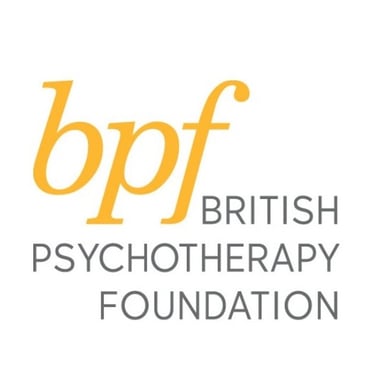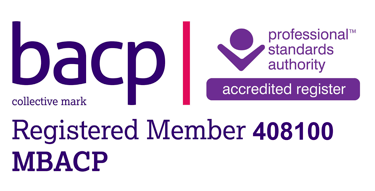Reflective Parenting
What is a Reflective Parenting Group?
As a qualified Early Years Practitioner and Teacher with a foundation in group analysis from the Institute of Group Analysis (IGA), I facilitate termly group workshops for parents.
These Reflective Parenting Groups take a supportive, collaborative approach, helping you to strengthen family bonds, foster sensitive and thoughtful parenting, and reduce conflict. The goal is to create positive change and greater harmony at home.




At the heart of the group are ideas of expressing and exploring one’s mentalization: a parent’s ability to recognise and understand the thoughts, feelings, and needs of both their children and themselves. There is strong evidence of the value of understanding the intentions beneath a child’s behaviour, as well as developing a clearer awareness of one’s own inner world. This process of mentalizing plays a key role in healthy relationships and secure attachment. Research also shows that when parents reflect on the feelings, thoughts, and intentions behind both their child’s behaviour and their own reactions, it can act as a protective factor against difficult behaviour and conflicts.
Benefits of the Group
Parents who participate can expect to…
• Understand your child more deeply: Gain insight into your child's emotions and actions, building a stronger connection.
• Strengthen your family bond: Help your child feel recognised, valued, and understood, which fosters a closer relationship.
• Manage challenges with confidence: Learn to calm difficult moments, reduce emotional outbursts, and ease behavioural struggles.


About the Group
This 8-week experiential group is based on principles of psychotherapy, specifically the importance of appreciating the feelings and intentions behind your own and your child's behaviour.
Through relating and sharing experiences within the group, parents can better understand how they connect to their own ‘inner child’ and others, which helps them manage behaviour with greater confidence.
Extensive research highlights how essential it is to recognise the motives behind others’ actions and to become more aware of your own thoughts and feelings. This deeper understanding helps children learn to regulate their emotions more effectively while also allowing closer connections and greater self-awareness for both you and your child.


Psychotherapy
To find out more, you can make an enquiry by email, phone or by using the contact form.
Please include a few details about yourself and what you think you would like from the treatment.
Contact
Location
+44 7907 804022
© 2025. All rights reserved.
Therapy Rooms Exeter, Argyle House, Gandy St, Exeter EX4 3LS
henry@averillpsychotherapy.co.uk








